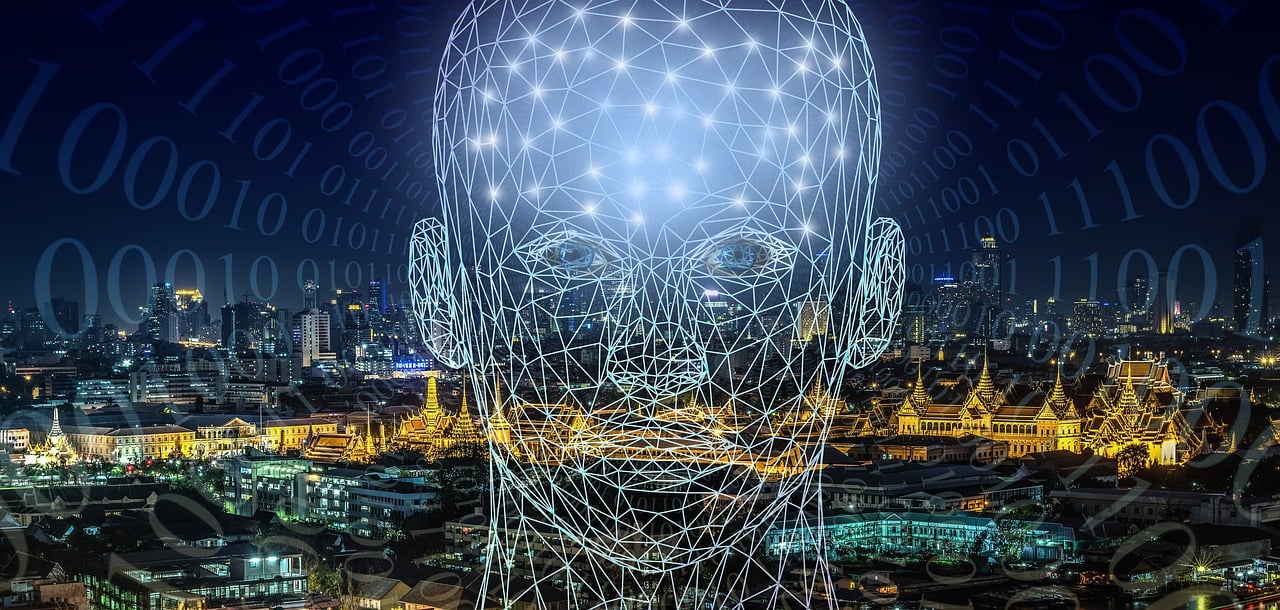Introduction to Ethical Dilemmas of AI
Ethical Dilemmas of Artificial Intelligence (AI) has rapidly evolved in recent years, promising to transform various aspects of our lives. From autonomous vehicles to virtual assistants, AI is becoming increasingly integrated into our daily routines. However, this rapid expansion of AI technology raises ethical questions that demand our attention. In this blog, we will explore the ethical dilemmas associated with AI, shedding light on the complexities that underlie AI ethics and the challenges of navigating this rapidly changing landscape.
Ethical Dilemmas of AI
-
Bias in AI Algorithms
One of the most pressing ethical concerns in AI is the issue of bias within algorithms. AI systems are designed and trained using vast datasets, which can often contain biased or unfair information. This results in AI models perpetuating existing societal prejudices and discrimination, ranging from race and gender to socioeconomic status. It is crucial to address these biases to ensure AI systems are fair and just.
-
Privacy Concerns
AI technologies, particularly those used in surveillance and data analytics, have raised serious concerns regarding privacy. With the ability to process and analyze vast amounts of data, AI systems can infringe on an individual’s privacy. It is essential to strike a balance between reaping the benefits of AI and protecting personal data.
-
Autonomous Decision-Making
As AI systems become increasingly autonomous, questions arise about the ethical implications of machines making decisions on their own. In fields like healthcare and autonomous vehicles, AI can make life-or-death decisions, necessitating a robust framework for AI ethics to guide these choices.
-
Accountability and Transparency
Determining who is responsible for the outcomes of AI systems can be challenging. Is it the developers, the users, or the AI itself? Ensuring accountability and transparency in AI development and deployment is crucial to address these dilemmas.
-
Job Displacement and Economic Inequality
The widespread adoption of AI can lead to job displacement in various sectors, potentially exacerbating economic inequality. These societal implications must be carefully considered, and strategies for retraining and upskilling the workforce need to be explored.
-
Security Risks
AI can be exploited for malicious purposes, such as creating deepfake videos or launching cyberattacks. Ethical considerations extend to the use of AI in cybersecurity and the responsible management of AI vulnerabilities.
-
Human-AI Interaction
The way humans interact with AI has profound ethical implications. This includes issues related to addiction, dependency, and the impact on social interactions. Ensuring that AI enhances our lives without diminishing our humanity is a vital aspect of AI ethics.
Ethical Dilemmas of AI
Navigating the Complexities of AI Ethics
Addressing these ethical dilemmas is not a straightforward task, as the field of AI ethics is constantly evolving. However, there are key steps we can take to navigate this complex landscape:
- Education and Awareness: It is essential for individuals, organizations, and policymakers to stay informed about AI ethics and the latest developments in the field.
- Robust Regulations: Governments and industry bodies should work together to establish clear regulations that promote ethical AI development and usage.
- Ethical Frameworks: Developers and organizations should adopt ethical frameworks and guidelines to ensure AI systems are designed with fairness, accountability, and transparency in mind.
- Public Participation: Engaging the public in discussions about AI ethics can help ensure that technology aligns with societal values and concerns.
- Ongoing Evaluation: Continual assessment of AI systems and their impact on society is necessary to adapt to evolving ethical standards.
Conclusion of Ethical Dilemmas of AI
Artificial Intelligence is undoubtedly a remarkable technological advancement, but it comes with complex ethical dilemmas that require careful consideration. By addressing issues such as bias, privacy, accountability, and societal impact, we can strive to ensure that AI technology benefits humanity in a responsible and ethical manner. Navigating the complexities of AI ethics is an ongoing journey that demands collaboration, awareness, and ethical diligence.





